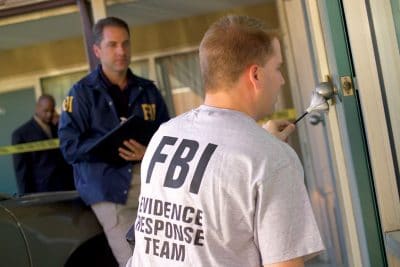
Spoliation of evidence happens “when evidence is hid, withheld, changed, or destroyed.”
Example Sentence
Dr. Johnson committed spoliation of evidence by destroying something that led to Janice’s death.
Case Study
Martin Hill died from electrocution while at work. His parents filed a lawsuit against the company they felt was responsible for his death. However, a main piece of evidence got either lost or destroyed during the investigation process. Without this evidence, proving the company was at fault would be difficult. Therefore, Martin’s parents sued the company for spoliation of evidence. The company eventually admitted fault and settled with the Hills.
Important Information
Spoliation of evidence usually occurs when both parties try to discover all the relevant evidence (i.e. the discovery process). A party can do it intentionally or unintentionally. Because the evidence no longer exists, the court can assume that it would have been bad for the party who spoiled the evidence and good for the other party. The court can then make a well-informed guess about what the evidence would have been. If a judge finds a party guilty of spoliation, then she can apply certain penalties against that party, such as:
- Prevent them from entering new evidence
- Pause the case until they bring forth the evidence
- Dismiss all or part of their claim
- Have the other party win the case by default
- Have them pay the other party’s attorney fees
- Jail them up to 30 days or fine them for contempt of the court
- Explain to the jury that they can “assume that the evidence would have been unfavorable” for them
However, a judge cannot always penalize them. For example, spoliation of evidence does not include electronically stored evidence lost because of technical problems. However, a party cannot use the excuse that they threw away the evidence because it was a bad or faulty product. Some states allow a party to bring another lawsuit against a party for spoliation of evidence. This separate lawsuit could compensate the party for what they lost from not having that evidence. However, Utah currently does not allow this.
Photo courtesy of the Federal Bureau of Investigation. The image is in the public domain.
